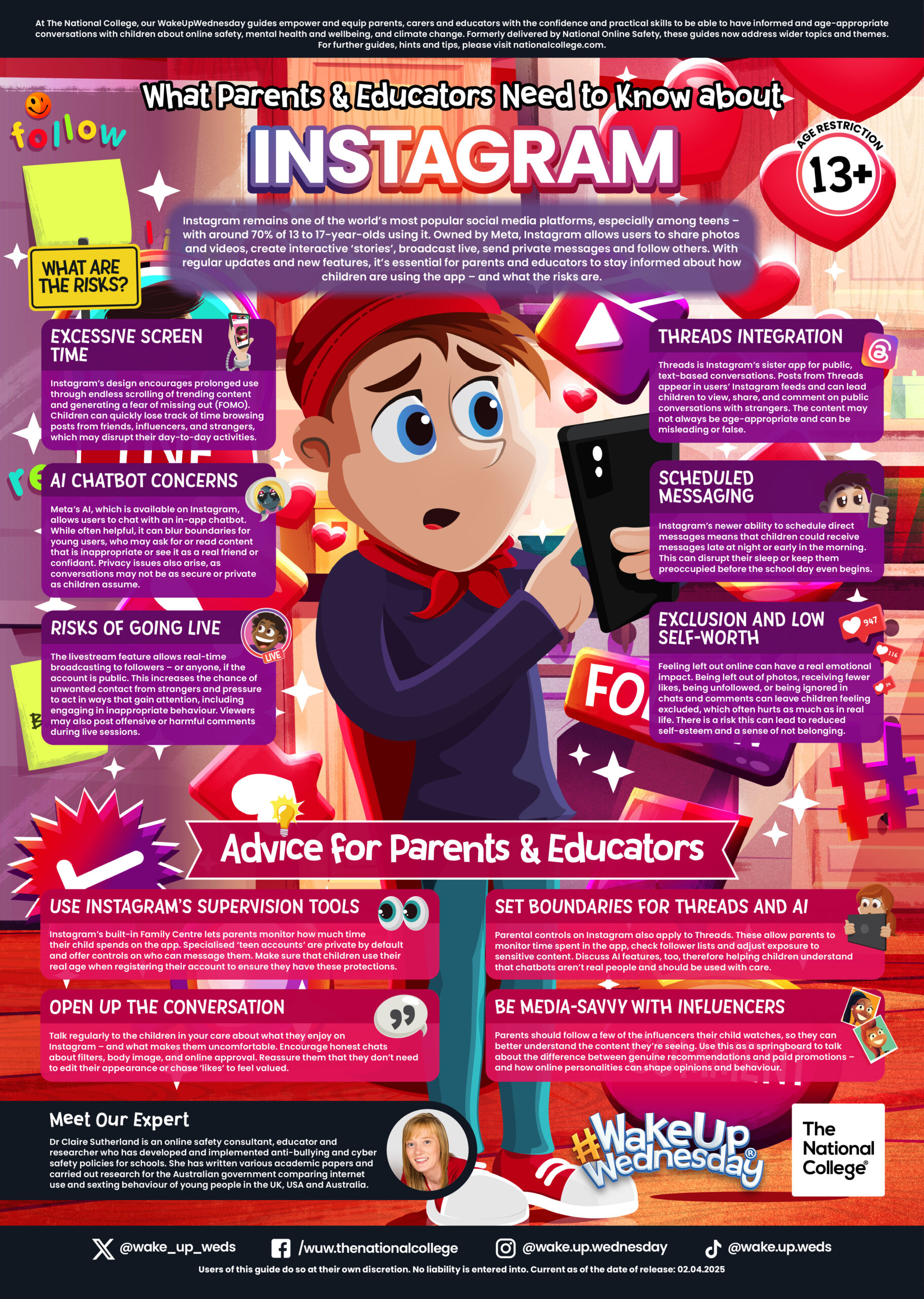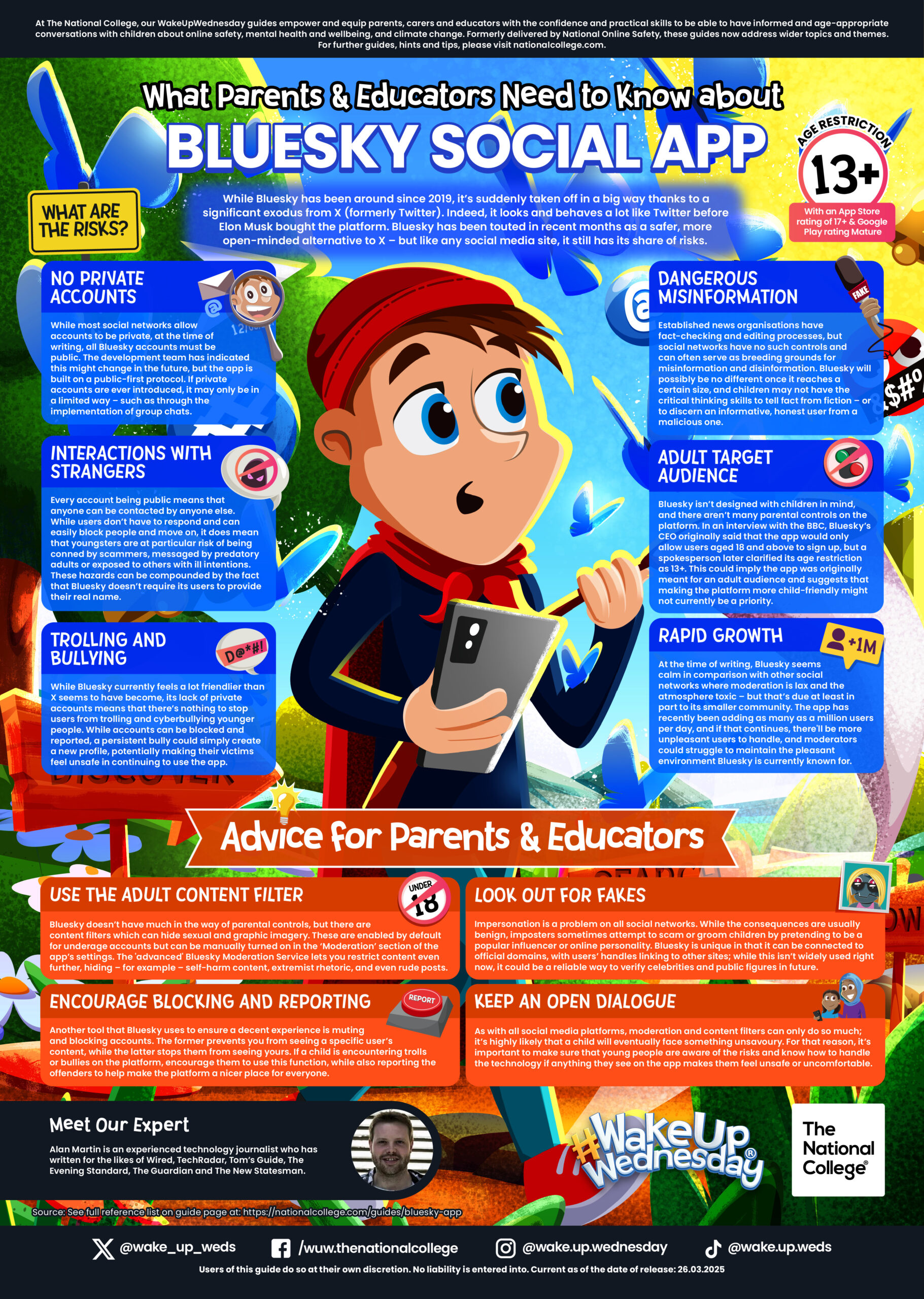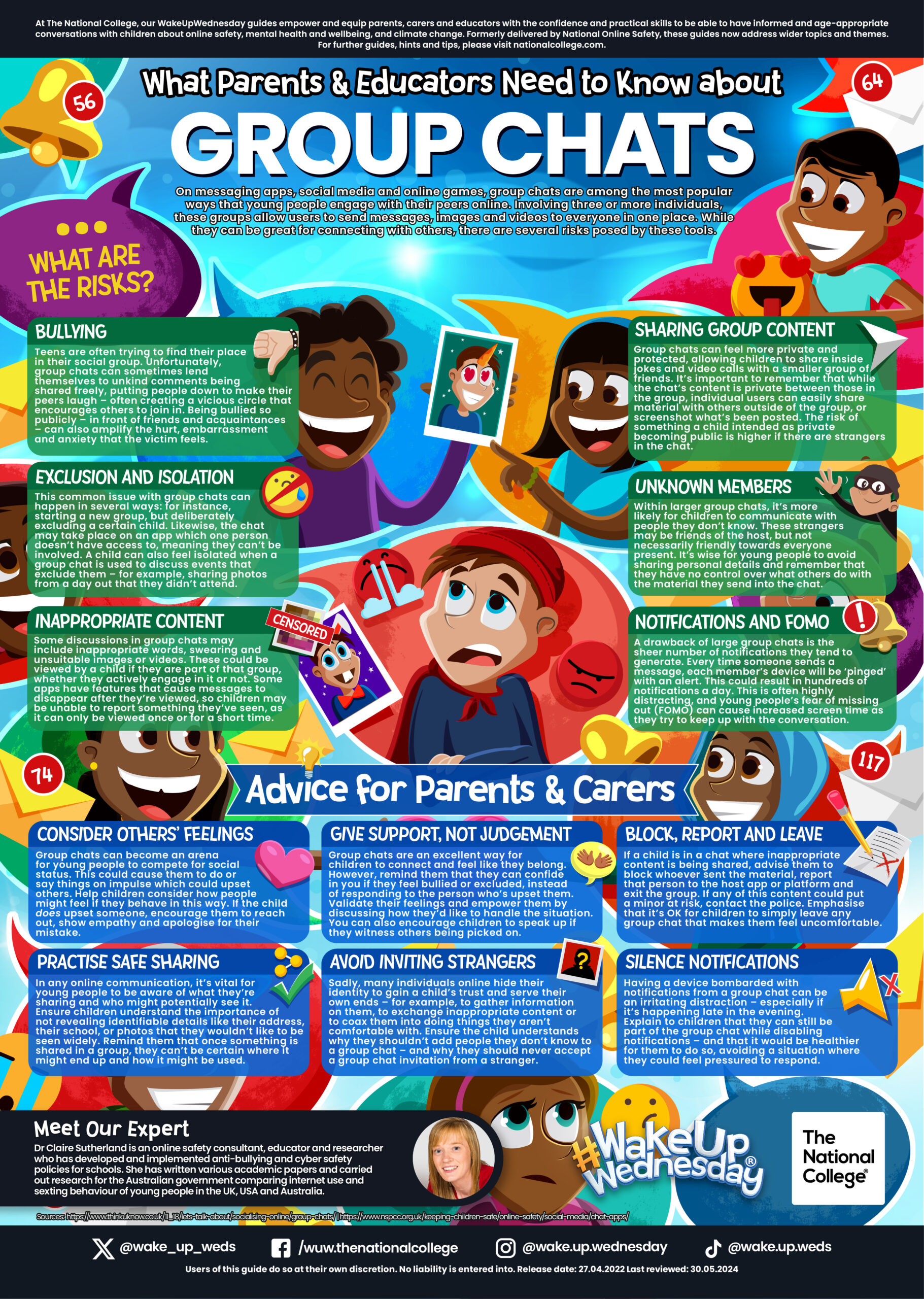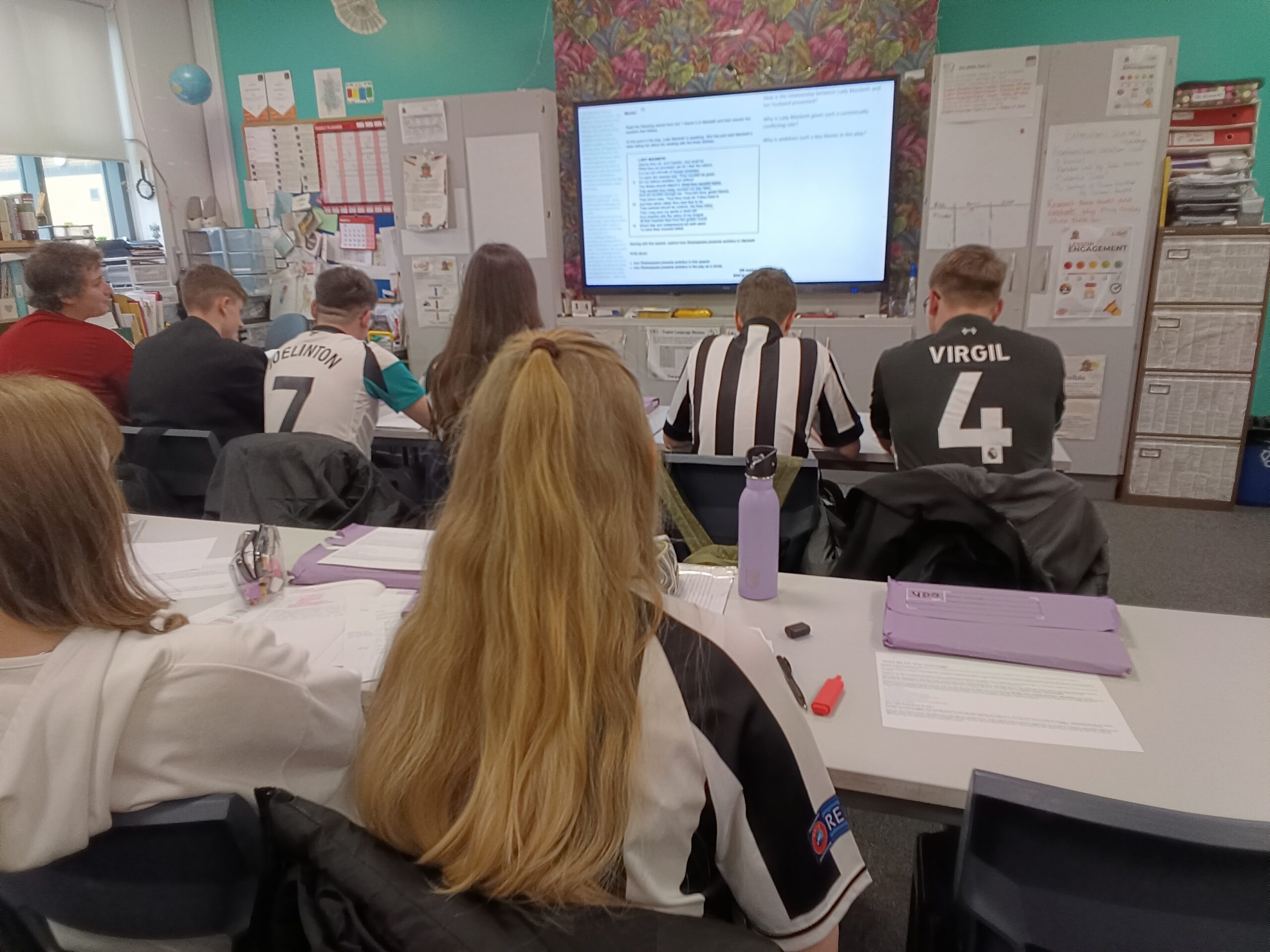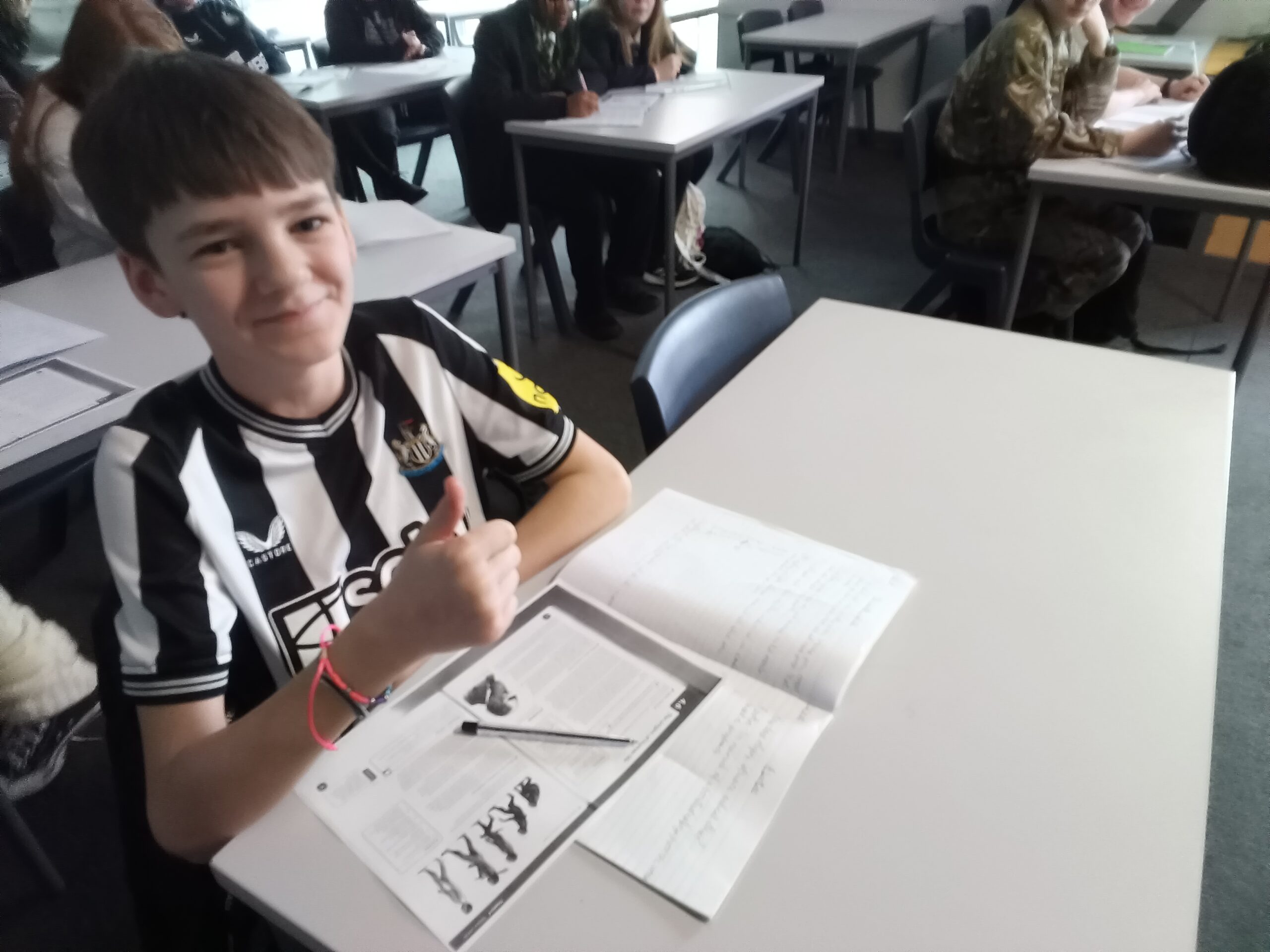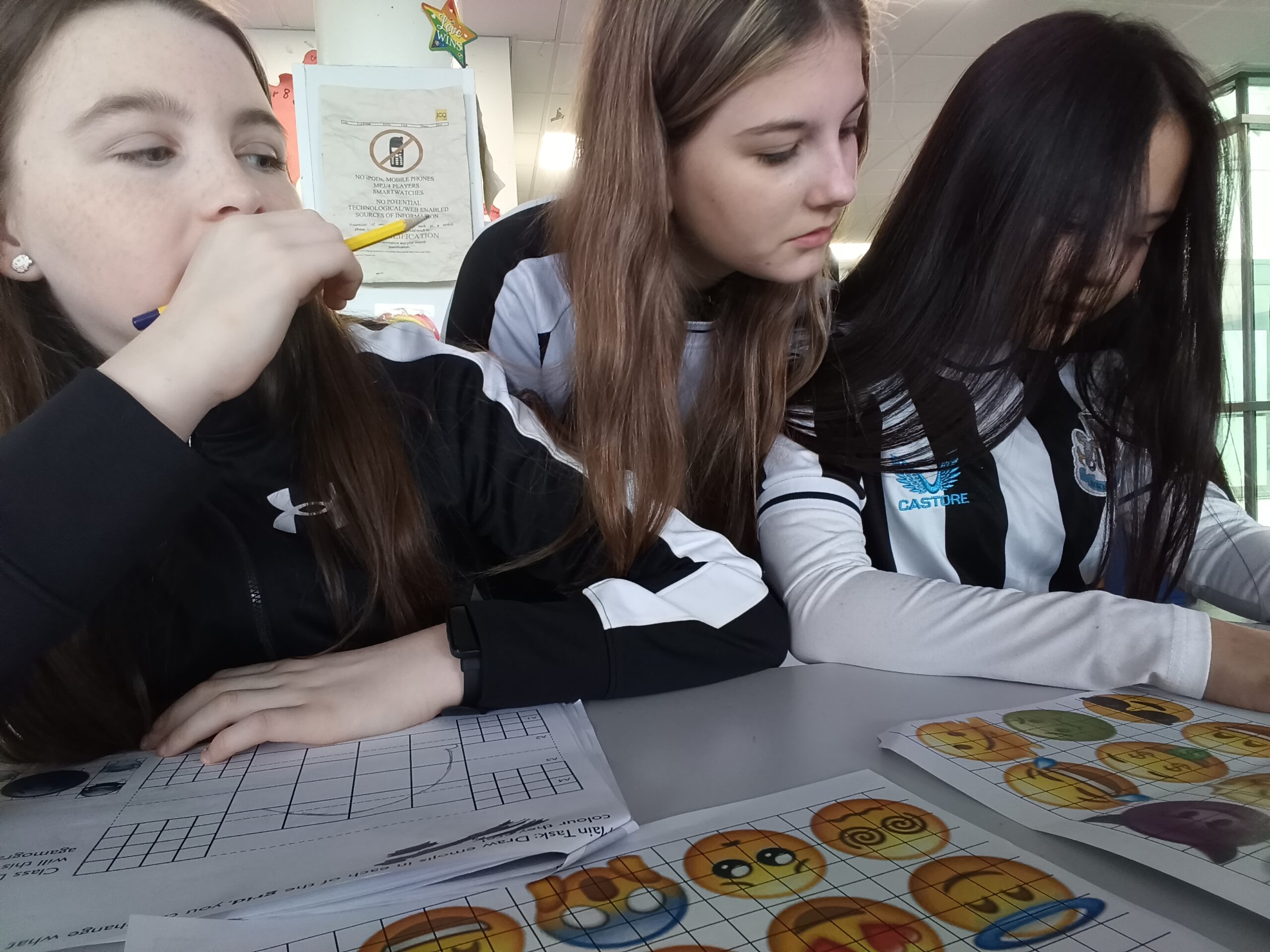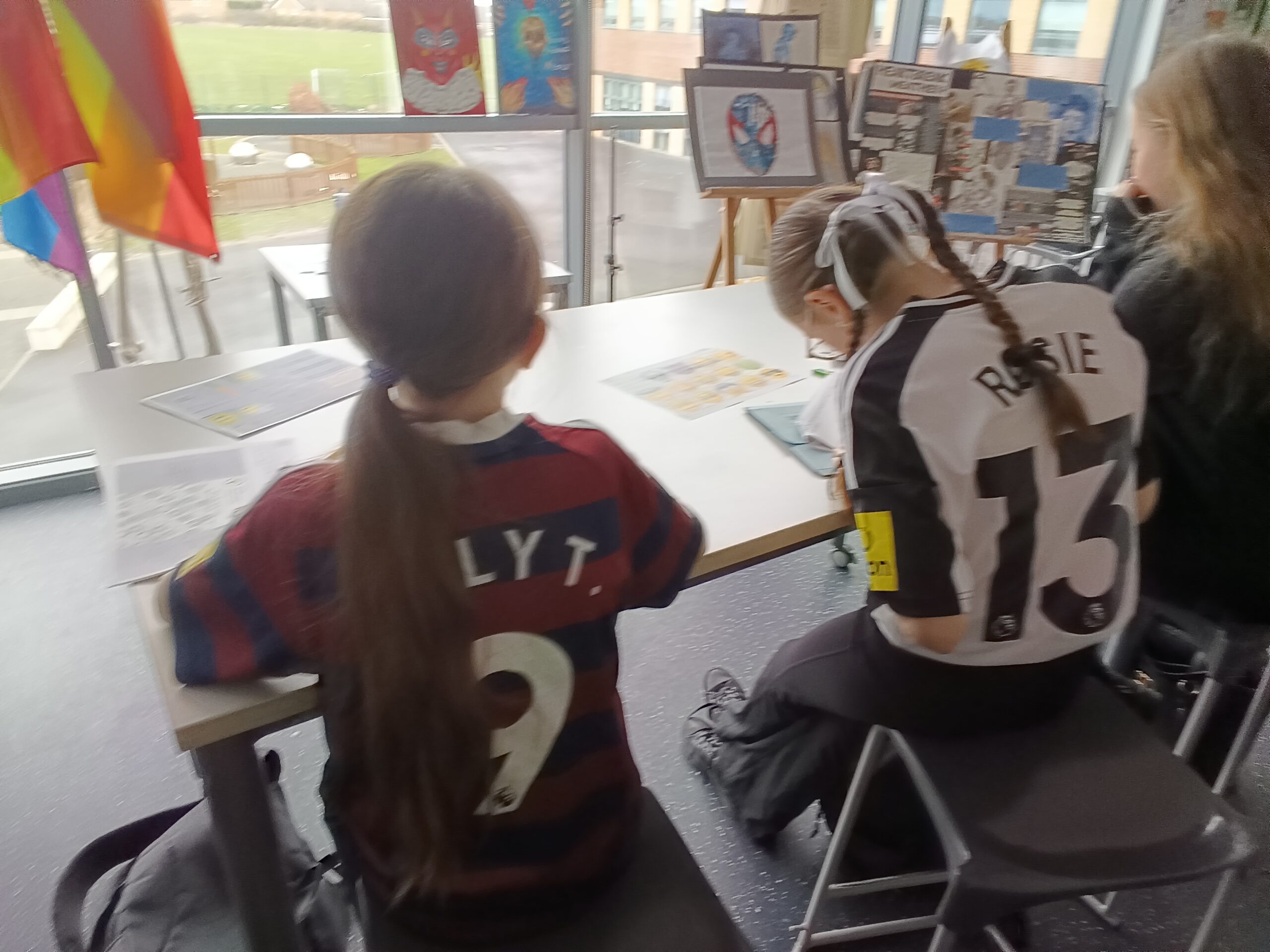Instagram remains one of the world’s most popular social media platforms, especially among teens – used by around 70% of 13 to 17-year-olds.
It may be one of the most familiar social media names around but features like AI-powered chatbots and Threads integration have added fresh challenges for families and schools to navigate. From worrying livestreams to issues like social exclusion and fear of missing out, Instagram isn’t just about photos. As the platform evolves, so too must the conversations we have with young people about how they use it.
Our latest #WakeUpWednesday guide outlines what these new features involve, the possible risks they bring and how to make the most of Instagram’s parental controls to keep children safe online.
